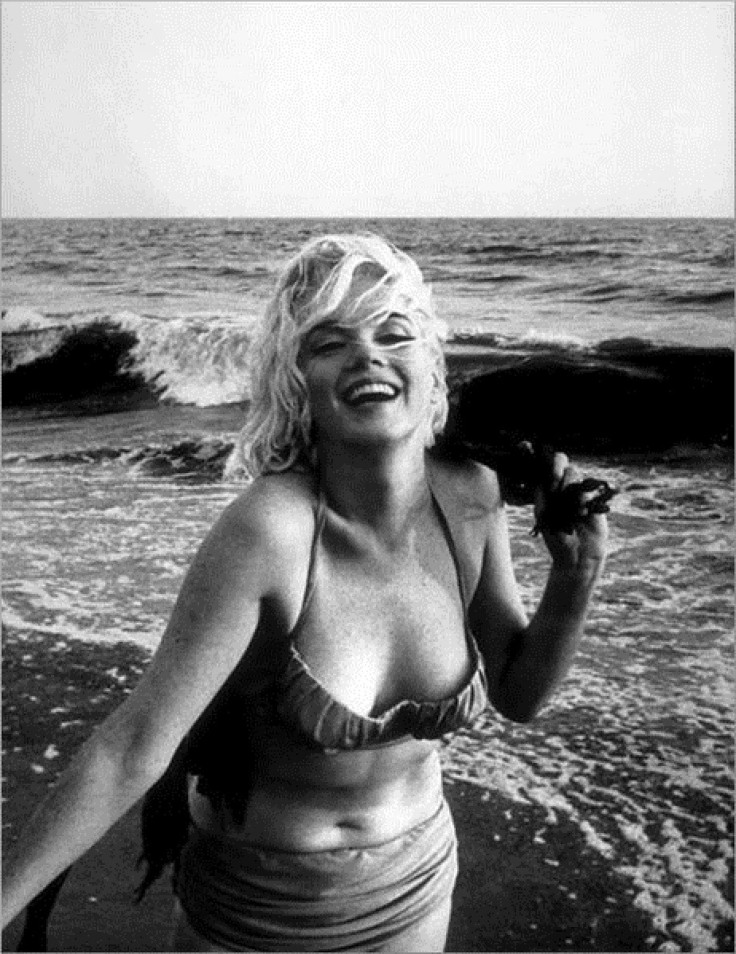Newly Declassified Files Detail FBI Investigation Into Marilyn Monroe Ties To Communism

Marilyn Monroe’s death, like her life, has been shrouded in mystery and rumors. Now, it appears that Monroe was monitored by the FBI and investigated for possible ties to Communism.
The Associated Press said it has obtained newly issued and complete official documents from FBI surveillance on Monroe, spanning from 1955 to her mysterious death in 1962. The files had previously been heavily redacted but were released in full after a Freedom of Information Act request by the AP.
Much of the investigation into the actress and model focused on her entourage and travel patterns. Monroe was friends with Frederick Vanderbilt Field, who was disowned by his wealthy family for radical political views before the actress visited him in Mexico in 1962. The relationship was reportedly serious enough that Monroe’s therapist had become concerned.
Field dedicated a chapter of his autobiography to clearing up any misconceptions about Monroe’s visit, according to the AP.
"She talked mostly about herself and some of the people who had been or still were important to her," Field said in "From Right to Left."
"She told us about her strong feelings for civil rights, for black equality, as well as her admiration for what was being done in China, her anger at red-baiting and McCarthyism and her hatred of (FBI director) J. Edgar Hoover."
The newly declassified files -- which have surfaced after the FBI previously told the AP the documents had been lost -- offer no new insight into Monroe’s death.
Her death was ruled a suicide from an overdose of barbiturates and sleeping pills.
The starlet was known to have depressive tendencies and radical mood shifts, but that has not stopped conspiracy theorists from speculating who was behind her demise.
By the 1950s, Hoover’s FBI was long removed from the crime-stopping force that curbed organized crime years earlier. The director had become increasingly paranoid and would soon assign agents to track Frank Sinatra, Martin Luther King Jr., John Lennon, and other major newsmakers of the 20th Century.
© Copyright IBTimes 2024. All rights reserved.





















